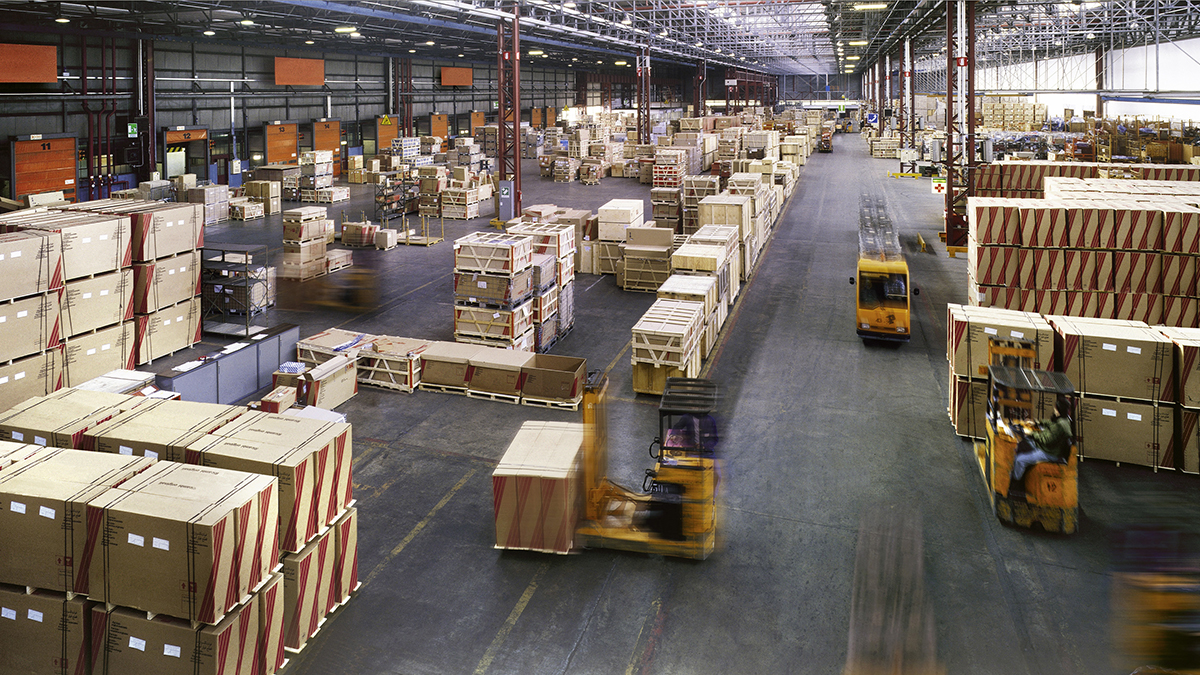Five reasons for optimism in trade in 2024


As 2024 begins, the global economy is confronting what is projected to be the slowest half-decade of GDP growth in 30 years. This forecast, outlined in the World Bank’s Global Economic Prospects report, underscores a significant slowdown in global trade growth, now expected to be half of what it was in the decade preceding the pandemic. This trend reflects macroeconomic factors but also the impact of persistent geopolitical tensions, including the conflicts in Ukraine and the Middle East and security threats to shipping in the Red Sea, which continue to disrupt global supply chains.
In addition to these challenges, 2024 will be the biggest election year in history. As half of the world’s population heads to the polls, debates over globalisation are being reignited in major trading economies, raising the prospect of new tariffs and trade barriers.
Despite the uncertainty about what lies ahead, there are still reasons for optimism about the resilience of global trade and its enduring role as a catalyst for positive change, and these are encapsulated in the current trends that are shaping the landscape.
Despite the prevailing narrative of deglobalisation and fragmentation, business leaders continue to have faith in globalisation. The overwhelming majority of those we polled for our recent white paper, Resetting Globalisation: Catalysts for Change, told us they believe in the benefits of trade for all economies.
As businesses diversify their supply chains and move beyond traditional markets to mitigate risks, they are also enabling the benefits of trade to reach more people. Emerging markets, once on the periphery of global discussions, are now at the centre, offering new opportunities and pathways for inclusive growth. The rising prominence of trade corridors in Asia, the Middle East and Africa are a testament to the dynamic nature of global trade, and a beacon of hope for a more equitable future.
Innovation will be a cornerstone of this year’s narrative as the pace of digital transformation accelerates. Building on the groundwork laid by initiatives like the Monetary Authority of Singapore-led Project Guardian, rapid advances in the adoption and use of tokenised assets promise to solve for real challenges in trade – as Standard Chartered’s successful pilot to unlock liquidity for participants in the supply chain demonstrated.
The continued roll-out of central bank digital currencies (CBDCs) this year will lay the groundwork for more streamlined cross-border transactions, while the flow of data along new rails will inject greater transparency and visibility into the world’s supply chains, fostering a more interconnected global trade ecosystem, bringing trade, payment, sustainability data into one place.
The popularity of ChatGPT has demonstrated just how useful generative artificial intelligence (AI) can be in helping with a wide range of tasks. But powerful neural networks can be leveraged for more than just responding to prompts. As the technology continues to mature, use cases are emerging across trade, from the generation and verification of crucial trade documents and regulatory reports to the correction of cross-border payment messages.
We’re excited about the possibilities AI can bring, and through our Responsible Artificial Intelligence Framework we’re ensuring every use case deployed into production adheres to the pillars of fairness, ethics, transparency and self-accountability. Through our membership of initiatives such as the Veritas consortium in Singapore and the UK’s Artificial Intelligence Public-Private Forum, we are also working proactively with regulators to shape adaptive policies that address AI’s intricacies, maintaining the trust and integrity fundamental to the banking sector.
As businesses and governments navigate continued volatility and uncertainty, a new model of trade that values resilience and sustainability as much as efficiency and profit is taking shape . More and more companies are acting to create a better future for the planet while yielding the many business benefits of sustainability. And through collaborative efforts, policymakers and financiers alike are delivering new ways to support sustainable outcomes.
Two years ago, we launched our sustainable trade finance proposition to enable our clients to better understand their ESG risks as well as the solutions that can be offered to mitigate them. Last year, to help address the funding gap for ESG improvements in supply chains, we launched a sustainability-focused trade loan for our financial institution clients, enabling them to provide additional liquidity to support ESG-related trade flows.
In recent developments, the World Trade Organization has released a set of trade policy tools for climate action, offering governments a range of strategies to align trade policies with climate change mitigation and adaptation goals. Meanwhile, the International Chamber of Commerce (ICC) has broadened its trade finance sustainability standards to include three high-risk sectors, a major step in its plans to develop a global benchmark for measuring the sustainability of trade transactions.
In the face of mounting complexities and challenges, we’re seeing an increasing level of collaboration among various stakeholders. This cooperation is evident across the spectrum, as banks, regulators, industry bodies, and corporates join forces to foster innovation, establish new standards, and share best practices. As we look ahead to the coming months, the journey of globalisation continues, evolving in the face of challenges. And if the past few years have taught us anything, it’s that by working together, we can overcome even the most daunting obstacles.